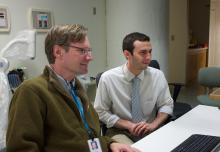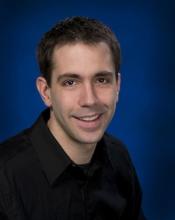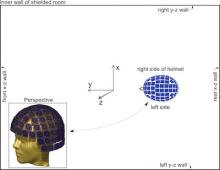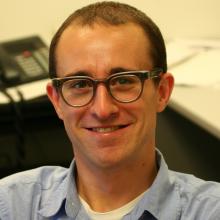Patients with the most common form of focal epilepsy exhibit widespread, abnormal connections in their brains, according to a Radiology study published today by Steven Stufflebeam and colleagues.
Martinos Center News

Dara Manoach and Co-PI Susan Whitfield-Gabrieli have received seed grant funding from the Simons Center for the Social Brain at MIT.
The Martinos Center's Jacob Hooker is now serving as an Associate Editor for ACS Chemical Neuroscience. The journal spotlights chemical, quantitative biological, biophysical and bioengineering approaches to the understanding of the nervous system and to the development of novel treatments for neurological disorders.
Martinos Center researcher David Boas will helm a new journal to be launched by SPIE, the international society for optics and photonics, in 2014.

The Martinos Center's Anna Devor and colleagues have outlined a collective vision for what we can achieve through the NIH BRAIN Initiative.
Here's one for the record books: The Martinos Center’s Sheraz Khan and David Cohen have reported the weakest magnetic field measured. This qualifies them for the Guinness Book of World Records.

CorticoMetrics LLC has been awarded a Phase I STTR grant by the NIH. The aim of the grant is to develop and evaluate software used for the detection of focal cortical dysplasias, a source of epileptic seizures.
The Martinos Center's Dylan Tisdall has received an NIH K99 award. The award is designed to help young investigators transition from the mentored to the independent phase of their career.

Martinos Center researcher Suzanne Corkin will be presenting on her book Permanent Present Tense at the 2013 Southern Festival of Books. The book explores the life of - and her work with - amnesiac patient H.M., often described as "the most famous brain in the world" as the decades of psychological tests and brain scans he underwent helped to shape our understandings of how memory works.

The Martinos Center's Linda Douw has received a prestigious Branco Weiss Fellowship from the Society in Science. As a Branco Weiss fellow, Douw will explore the ways in which molecular processes give rise to behavior via the hypothesized intermediate level of brain networks in order to define new targets in the diagnosis and treatment of brain tumors.







